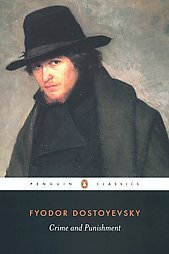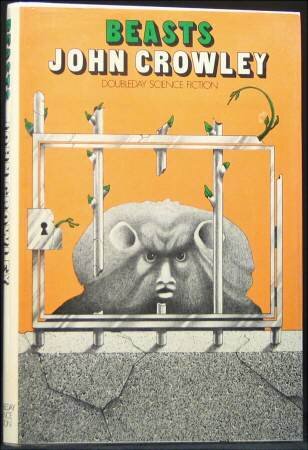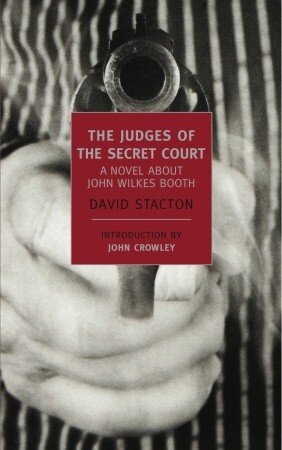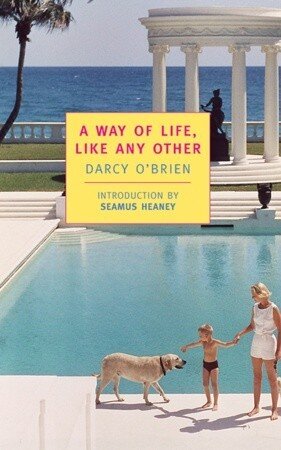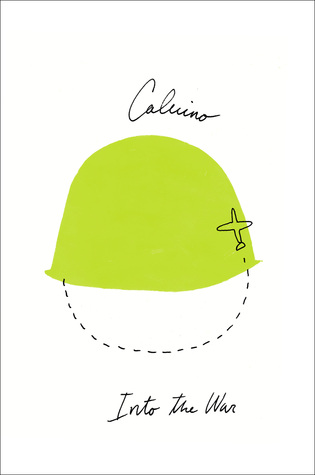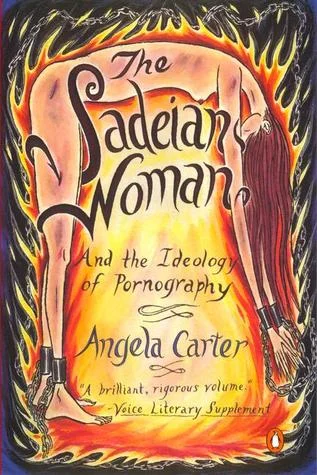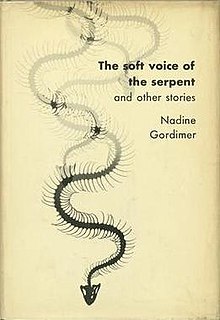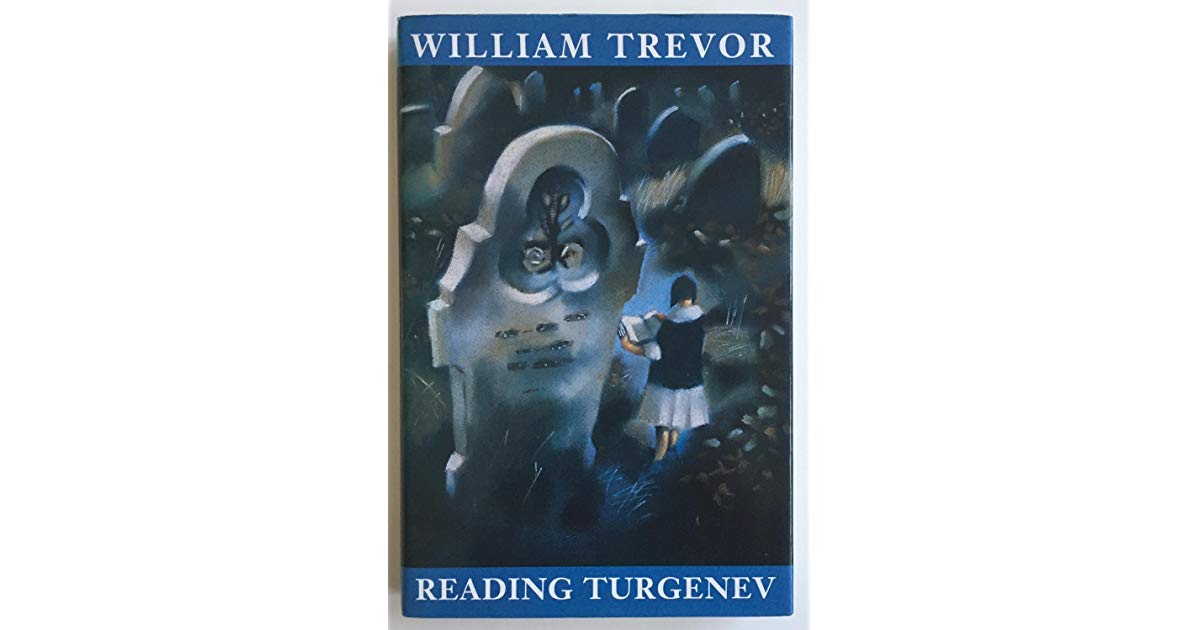Books I Read November 22nd, 2020
No reviews for three months, and then one the next week? Yeah, it's called self-improvement motherfucker, it's my jam. Lather it on a nice fresh chunk of sourdough and eat it with my morning coffee. It's kinda winter here? We're all going to be back in lock down in a couple of days. I'm adjusting to the idea of doing nothing fun over the holidays. It's OK, I've had fun before. The Seventh Perfection was on Kirkus's best of the year list, that was cool. You should buy it, if you haven't. Here are the books I read the last week.
The Root and Flower by L.H. Myers – Dostoevskian intrigues in a dreamlike, deliberately inaccurate depiction of the early Mughal empire. Lots of conversations about religion, and long passages depicting characters emotional state. This is probably not my favorite subgenre of novel, so I can't say I loved it, but I could recognize the craft, and I enjoyed the aesthetic and some of the subtler flourishes.
A Dance to the Music Time (Volumes 1-12) by Anthony Powell – Very big books have to be judged differently than regular books. It is not enough to say of one that it is skillfully executed, or has admirable aspects, it has to justify the enormous expenditure of time and energy required to complete it, as well as to satisfy the implicit narrative ambitions of so audacious an undertaking. Writing this review, I'm torn on whether I feel that Powell's 12 volume epic depicting London society between the wars and shortly after met this high bar. There is an enormous amount to like about it. It is truly epic in scope, with a cast comparable to War and Peace, all well-realized and skillfully drawn, moving in and out of the narrative with their own unexpected but authentic rhythm. Their development over the course of the several thousand pages feels extraordinarily authentic, perhaps more so than anything else I can remember reading. Powell has a genius for depicting the untidy aspects of human life, its unexpected developments and certain tragedies, its refusal to adhere to a convenient narrative. The attempt to chronicle a lost epoch, combined with the exactness of its observation, recalls Remembrances of Things Past, but whereas Proust's surrogate is at the heart of his work, the hero of A Dance to the Music of Time always remains for us somewhat opaque. His primary function is to detail the maneuverings of his associates, and we only gain knowledge of his own history and emotional state obliquely. The result is a masterful and enticing subtlety that lingers throughout the work. So, with all of that, what's on the other side of the balance? It is fucking huge, if that wasn't already clear. I read the first volume three-odd months ago, while quarantined in a flat near Tottenham, and I just finished it the other night (although obviously I read a lot of other things in the interim). Someone with a normal amount of time to commit to reading might do well to finish it in six months, and that's a lot of time to demand, time which might be better put towards some similarly epic text, assuming that's your bag. I also find the ending curiously weak, although I would be open to having someone argue me out of this opinion, if you happen to feel that and want to correct me in the comments. Considering the matter, I think my relative dislike of this last 12th of the narrative has unduly prejudiced me towards the previous 93%. This is a pretty spectacular artistic achievement, if anyone has a mind to giving it a go.
The Face in the Frost by John Bellairs – An adult fantasy by (one of) my favorite YA author. Bellairs has a delightful aesthetic but this was kinda slapdash.
Empress of Salt and Fortune by Nghi Vo – The ascension of the last Empress of a fantastical kingdom is chronicled in a series of objects. The clever framing device allows for an engagingly rapid movement through the story, recreating a 1000 page epic fantasy in a small fraction of the space. Vo has a gift for the small asides which, for me, largely make or break fantasy-- her names are really good, for instance, and the throw away mentions of weather magic, and the briefly but skillfully limned northern peoples, who collect ambergris and ride war mammoths into battle. Fun stuff, well worth the read.
Ficciones by Jorge Louis Borges – I enjoyed this about as much on its 20th reading as I did on the first. Actually that's not true, the first time I read this I think I was like 15 and I was all – 'this is fantasy? Why aren't there more swords?' so let's say I enjoyed this about as much on its 20th reading as I did the 2nd. Some of the most engaging and wondrous short fiction ever written. Obviously, you all should have read Borges by now.


































































